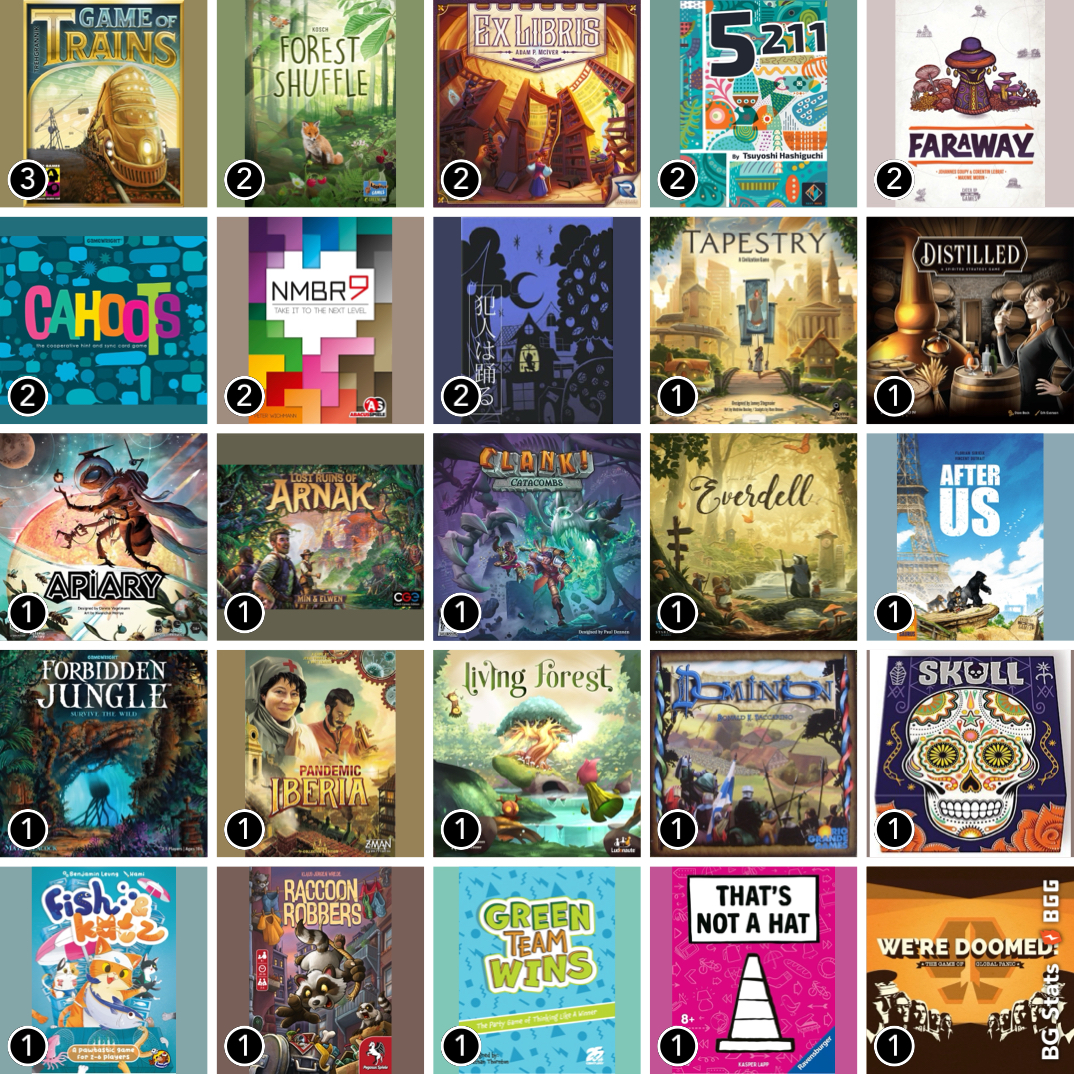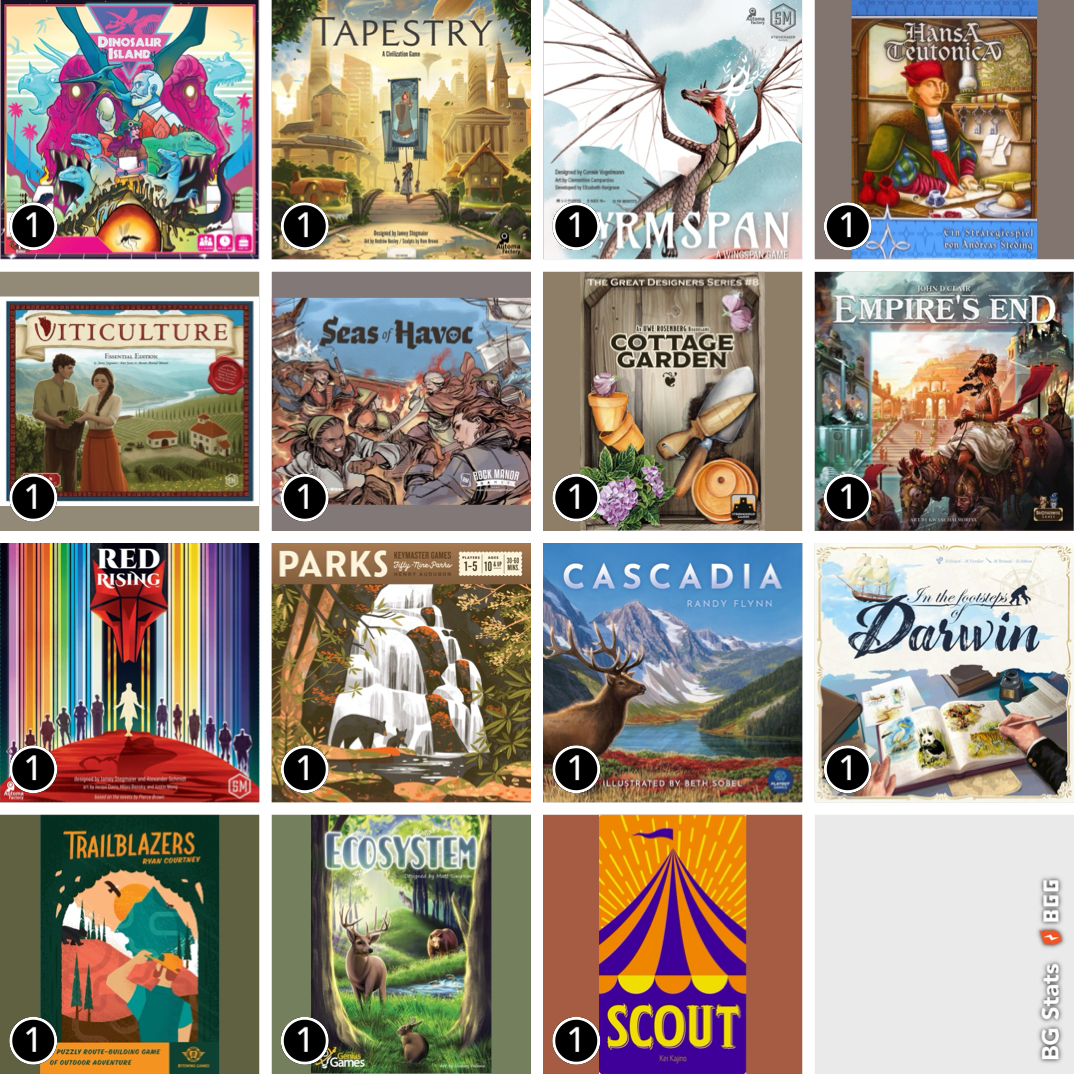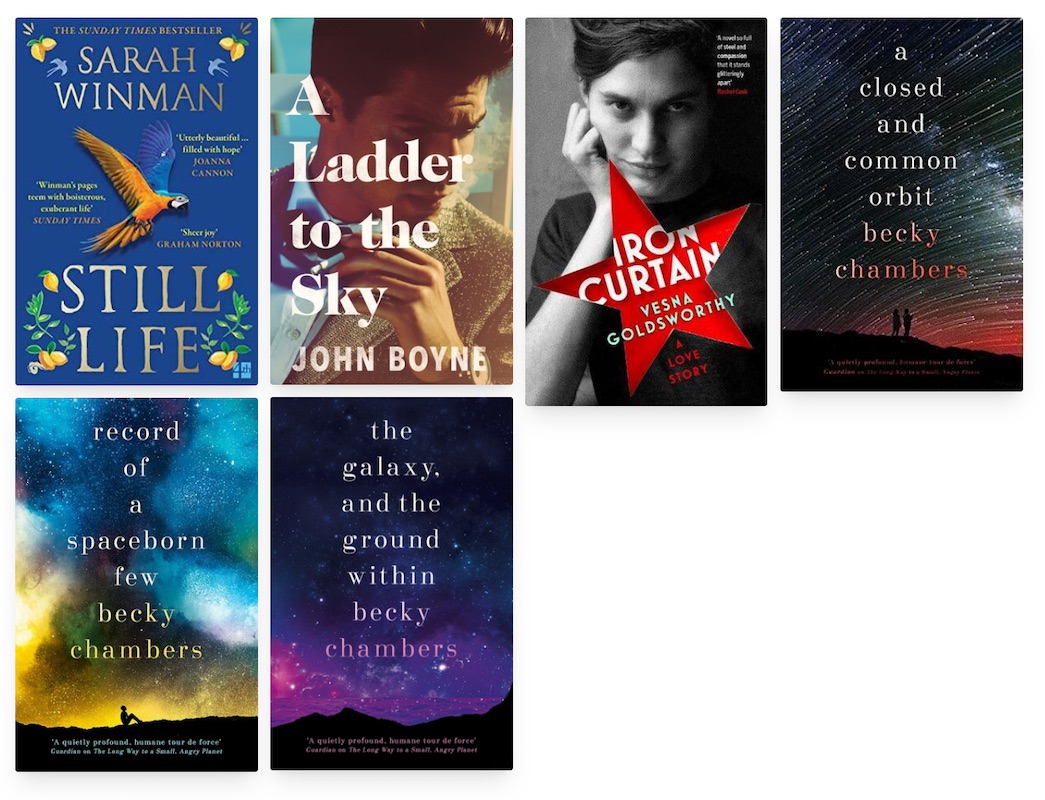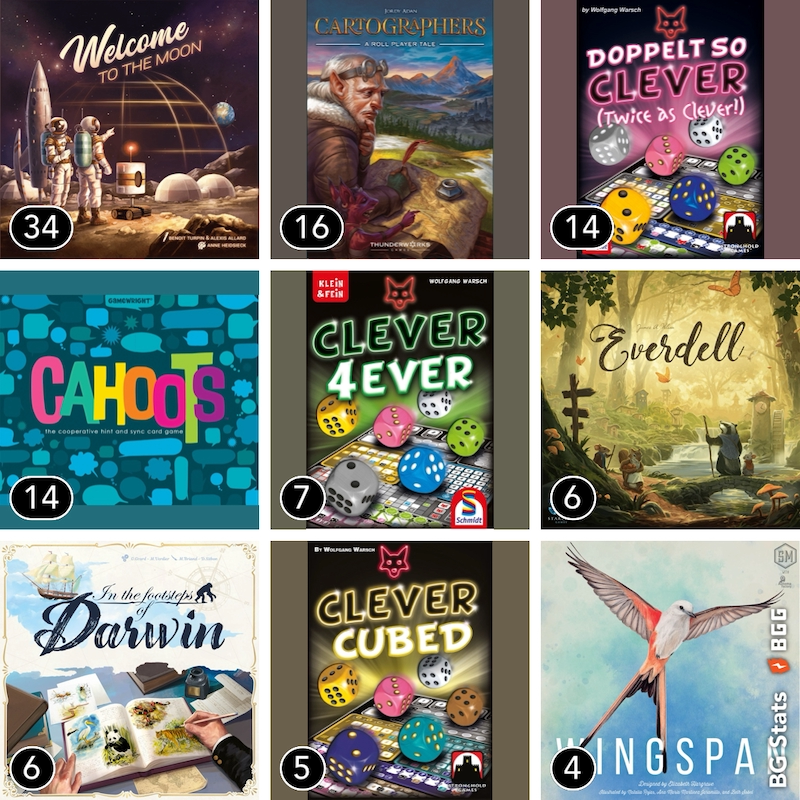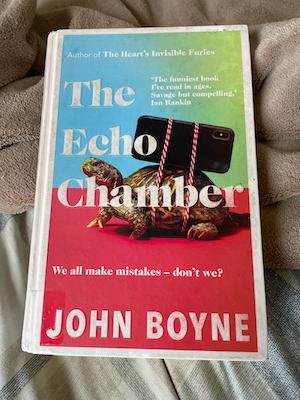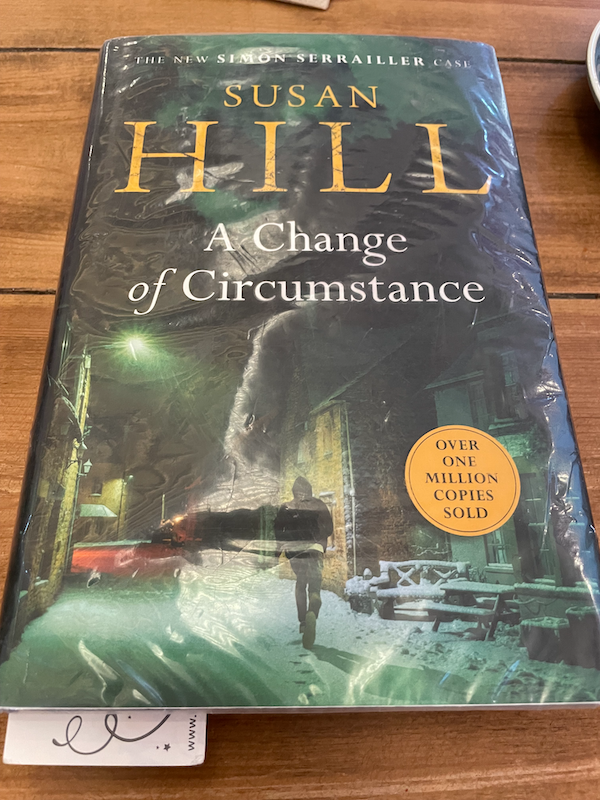Four Thousand Weeks: Time Management for Mortals
by Oliver Burkeman
Tuesday, September 27, 2022
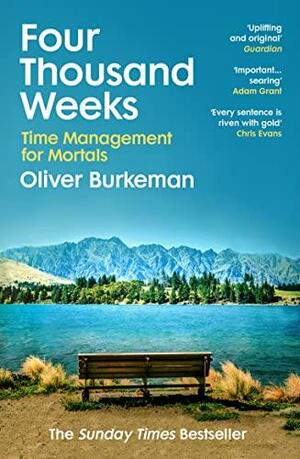
Four thousand weeks is about the span of a pretty average modern day human life. And I’ve already gone through about 2.5k of them! But Burkeman’s conceit is that this is all fine and you should stop worrying that you haven’t made enough of a mark on the world. You’re never going to master your time and have everything under control so stop letting time be the boss of you.
You begin to grasp that when there’s too much to do, and there always will be, the only route to psychological freedom is to let go of the limit-denying fantasy of getting it all done and instead to focus on doing a few things that count.
You don’t have time to do everything you want so just enjoy what you can do the best you can. And in the end it doesn’t matter much what you actually do.
Which is why it’s useful to begin this last stage of our journey with a blunt but unexpectedly liberating truth: that what you do with your life doesn’t matter all that much – and when it comes to how you’re using your finite time, the universe absolutely could not care less
I found the book quite liberating. I was already pretty much onboard with his ideas before I began it, and I like my life most of the time. But it’s nice to read these things written down and realise how true they are. This made me laugh, sometimes it’s a little more obvious than other times:
But I sometimes think of my journey through adulthood to date as one of incrementally discovering the truth that there is no institution, no walk of life, in which everyone isn’t just winging it, all the time.
The book ends with Burkeman’s advice for dealing with your limited time and I agree with most of it. One that’s apposite to me at the moment is to stop worrying about the to-do list and focus on what you’ve got done. Concentrate on one thing at a time. And also:
Curiosity is a stance well suited to the inherent unpredictability of life with others, because it can be satisfied by their behaving in ways you like or dislike – whereas the stance of demanding a certain result is frustrated each time things fail to go your way.
I seem to remember “Be Curious” being the big takeaway from one of Tim Harford’s books, whether this is independent advice or I’m reading a load of books that are all referencing each other in a closed ecosystem is an open question but I’m curious to keep trying to answer it I guess. Sometimes I think I’m already entirely too curious but the universe is obviously out to encourage me and I’m certainly not giving up yet.
